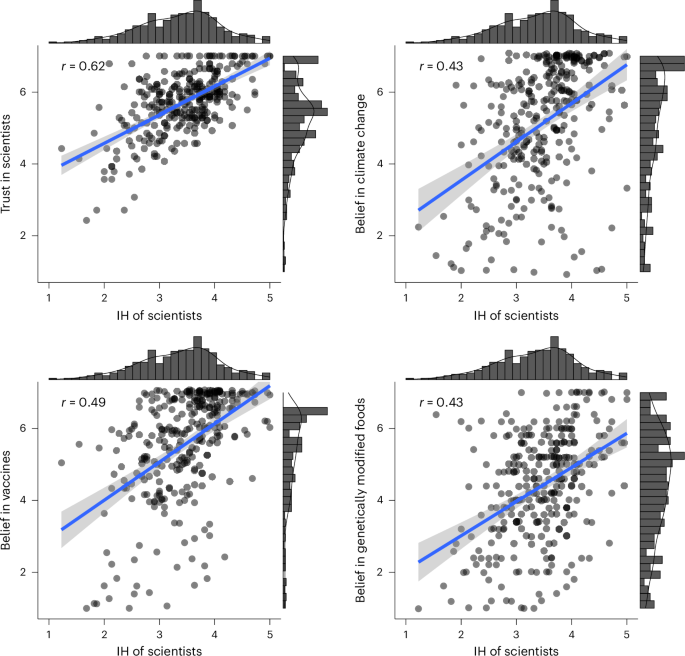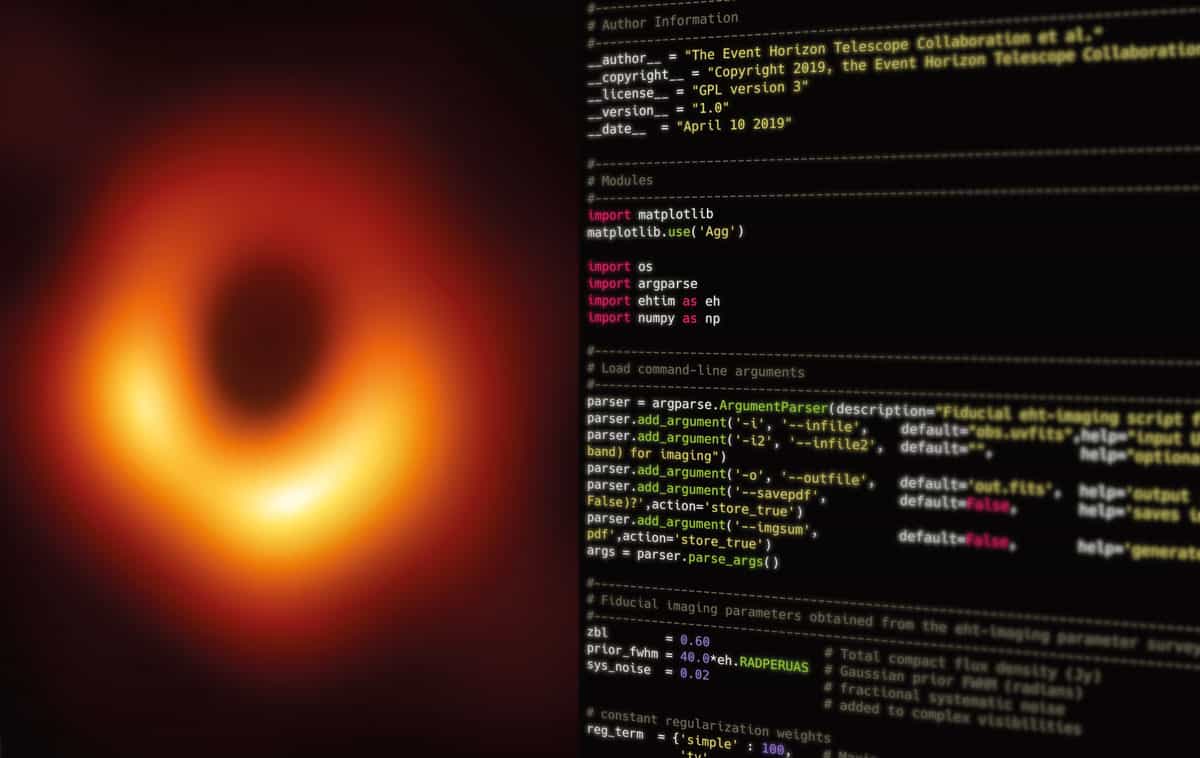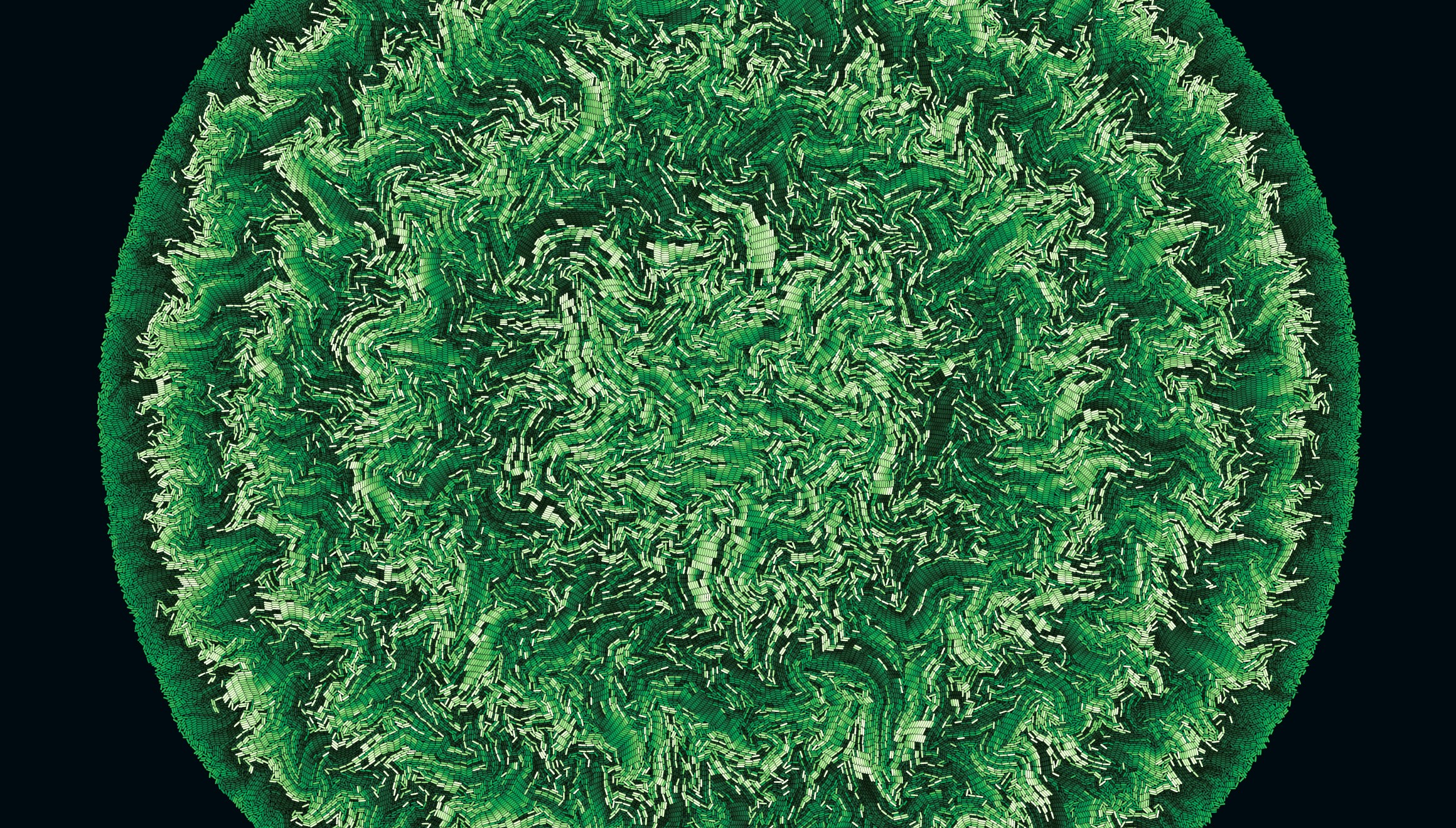
The effect of seeing scientists as intellectually humble on trust in scientists and their research
Public trust in scientists is critical to our ability to face societal threats. Here, across five pre-registered studies (N = 2,034), we assessed whether perceptions of scientists’ intellectual humility affect perceived trustworthiness of scientists and their research. In study 1, we found that seeing scientists as higher in intellectual humility was associated with greater perceived trustworthiness of scientists and support for science-based beliefs. We then demonstrated that describing a scientist as high (versus low) in intellectual humility increased perceived trustworthiness of the scientist (studies 2–4), belief in their research (studies 2–4), intentions to follow their research-based recommendations (study 3) and information-seeking behaviour (study 4). We further demonstrated that these effects were not moderated by the scientist’s gender (study 3) or race/ethnicity (study 4). In study 5, we experimentally tested communication approaches that scientists can use to convey intellectual humility. These studies reveal the benefits of seeing scientists as intellectually humble across medical, psychological and climate science topics.
Krause, N. M., Brossard, D., Scheufele, D. A., Xenos, M. A. & Franke, K. Trends—Americans’ trust in science and scientists. Public Opin. Q. 83, 817–836 (2019).






















